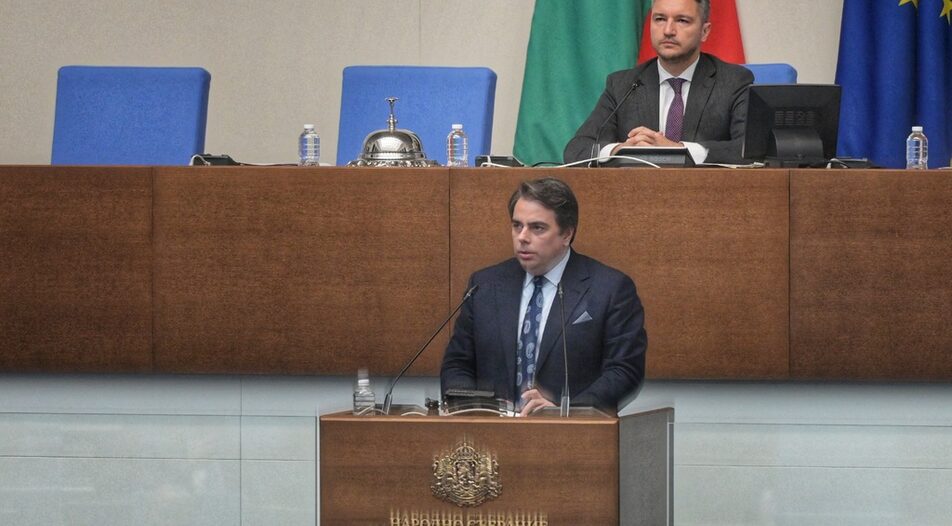After being in surplus of nearly half a billion levs for several months this year, the state budget swung to deficit in August. While at the beginning of the month revenues exceeded expenses by 455 million levs (233 million euro), by the end of August the Finance Ministry reported a deficit of approximately 100 million levs on a cash basis, equivalent to around 0.05% of the projected 2023 GDP, according to preliminary data. The ministry attributed the change to increased expenses, including those with a retroactive date. The deficit was expected and it is projected to increase to the planned level of 2.5% of GDP by the end of the year.
August was the first month this year in which the country operated under the long-delayed Budget 2023 adopted at the end of July. The political debate is now shifting towards the preparation of the financial plan for next year a task which Prime Minister Nikolay Denkov highlighted as a priority at the start of the new parliamentary session after the summer break.
What the numbers say
The deteriorating budget position in August is primarily due to increased expenditures. This includes retroactive payments such as compensation for childcare expenses transferred from the National Social Security Institute for July, as well as retroactive payments for previous months. There is also growth in healthcare insurance contributions and maintenance expenses.
By the end of August, budget revenues grew by 8% year-on-year, reaching 42.4 billion levs, with tax revenues increasing by nearly 10%. However, expenses were slightly higher at 42.5 billion levs, rising by 13% compared to end-August 2022. The most significant increases this year are seen in pension expenditures, personnel costs, and capital expenditures, according to the Finance Ministry.
In July, revenues from direct taxes (on income) and social security contributions performed well, increasing by 16% and 10.5%, respectively. However, indirect taxes, which are a primary source of budget revenue, did not see any increase compared to the previous year, despite high inflation and continued growth in consumption. By the end of the seventh month of 2023, only 52% of the annual revenue target for indirect taxes was achieved. The main reason given by the ministry is lower VAT revenues from imports, which declined by 14.5% compared to the previous year, primarily due to lower international prices of imported raw materials.
After being in surplus of nearly half a billion levs for several months this year, the state budget swung to deficit in August. While at the beginning of the month revenues exceeded expenses by 455 million levs (233 million euro), by the end of August the Finance Ministry reported a deficit of approximately 100 million levs on a cash basis, equivalent to around 0.05% of the projected 2023 GDP, according to preliminary data. The ministry attributed the change to increased expenses, including those with a retroactive date. The deficit was expected and it is projected to increase to the planned level of 2.5% of GDP by the end of the year.
August was the first month this year in which the country operated under the long-delayed Budget 2023 adopted at the end of July. The political debate is now shifting towards the preparation of the financial plan for next year a task which Prime Minister Nikolay Denkov highlighted as a priority at the start of the new parliamentary session after the summer break.












